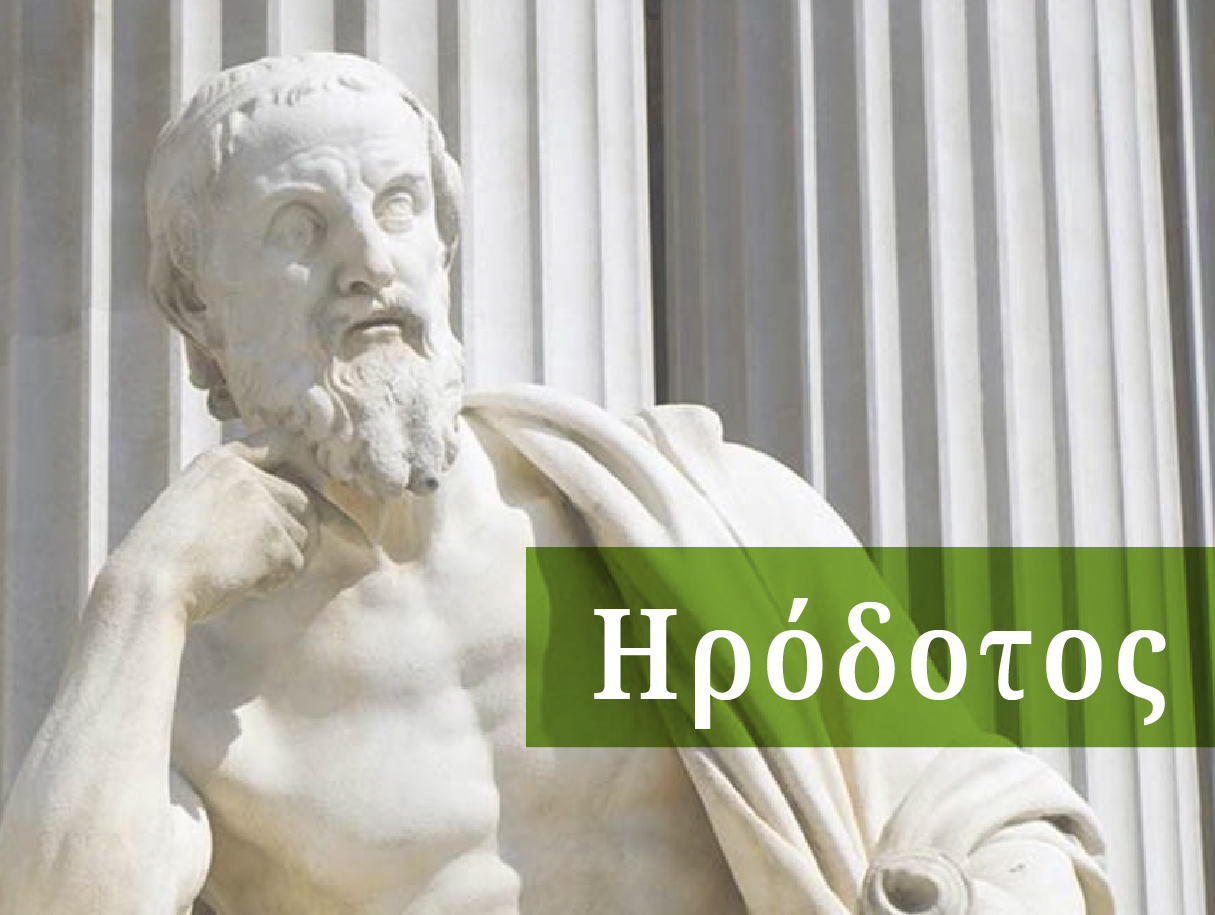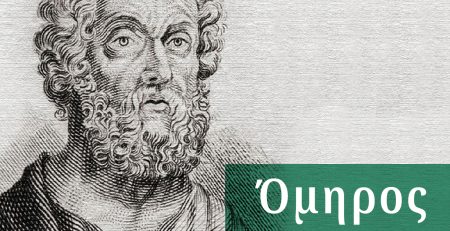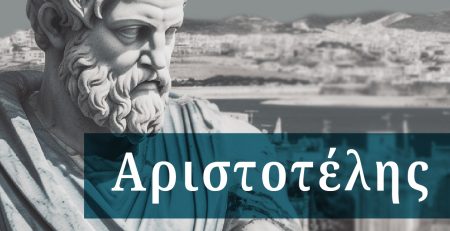Herodotus, historian and persistent traveler
We know Herodotus as the Father of History, as, while writing his Histories, he was the first to use research methods that became established as historical methodology in the centuries that followed. In collective thought, Herodotus’s work is directly associated with history, as his Histories are almost a “mandatory” read for every historian and archaeologist.
Herodotus’s Histories is a reading that will keep your interest unwavering. Filled with vivid descriptions of places and personalities, curious customs and traditions of Medes, Persians, Scythians, Egyptians, Babylonians, and other ancient civilizations, fantastic stories that even he admits are not believable, and of course descriptions of battles and strategies, Herodotus’s Histories read almost like a novel. They will make you smile, google places and people, and travel mentally.
Father of History
Between Greeks and Persians

Herodotus was born in Halicarnassus, a Dorian colony on the coast of Asia Minor, situated at the boundary between the Greek world and the Persian Empire, both of which laid claim to the city.
This dual cultural influence may have marked him, as a key theme of his Histories was to understand and narrate the reasons why these two worlds clashed militarily during the Persian Wars.
Traveling to the edges of the world
Herodotus spent very little of his adult life in Halicarnassus, as he clashed with the city’s tyrant and preferred to travel and avoid the city.
Scholars believe that Herodotus’s first travels were to the unexplored North. Indeed, the Greeks had colonies in the South, from Massalia to Asia Minor, and these areas were quite well known. Greek merchants also traveled extensively both to Egypt and the vast Persian Empire. However, the regions north of Macedonia were unexplored.
Herodotus began from the Hellespont, where he visited Byzantium and Chalcedon, as well as the site where Xerxes had built a bridge of ships to cross the Bosporus on his way to Greece. He traveled to the land of the Thracians, reached the Danube, and started to explore the Black Sea of the Scythians. It is estimated that he reached as far as present-day Kyiv via the Dnieper River. Risking his life, he circumnavigated the Black Sea, recording myths and legends about a tribe of bald men, a tribe that slept six months a year, and a tribe of werewolves. His skepticism towards these stories did not prevent him from documenting them as conscientiously as he did the historical monuments he visited, such as Darius’s fortifications in Scythia.
Herodotus’s next great journey was to the Euphrates valley and Babylon. In his writings, he once again conveyed the curiosities of the region, such as how the Babylonians “auctioned” their beautiful daughters to provide dowries for the less attractive ones. Herodotus then crossed the Mediterranean to explore Egypt, where he recorded in detail the places and religious practices, such as how the Egyptians sacrificed bulls to Isis, embalmed their dead, and considered certain foods unclean.

From Egypt, he went to Ethiopia, Cyprus, and continued to Phoenicia and Tyre. We also know that he visited many islands in the Aegean, including Rhodes, Delos, Paros, Thasos, Samothrace, Crete, Kythira, and Aegina.
Upon returning from his travels, Herodotus settled in Athens. However, he did not particularly like the city, and he eagerly participated in the mission to colonize Southern Italy, in Thurii.
We do not know much about Herodotus’s last years. Scholars believe that he traveled again to Athens at the onset of the Peloponnesian War, only to soon return to Thurii. These were likely his last travels. Herodotus dedicated the rest of his life to writing and revising his work. It is said that he died in Thurii, although there is also a theory that he passed away in Athens.
Herodotus’ legacy

Herodotus had an innate curiosity about everything. Although he had read the available sources of his time, he wanted to see the countries he wrote about and their inhabitants for himself. He sought to hear their stories and draw his own conclusions. This curiosity is evident in his Histories, making them particularly entertaining.
However, the richness and vividness of the myths and legends that Herodotus described in his Histories, even though he clarified that he did not believe them himself, were one of the reasons his work was greatly questioned regarding its historical truth, both by later Greek historians (such as Thucydides) and over the centuries.
In the 19th century, as many modern scholars began to analyze Herodotus’s work, it was proven that most of his Histories were documented and supported by archaeological findings brought to light by numerous archaeological missions of the time. Today, no one disputes the value of his work—acknowledging, of course, that some parts may never be judged for their reliability. The details he mentions are invaluable in every field of excavation, helping scholars to reconstruct the conditions of that era, identify places and findings, understand the possible uses of the objects they unearth, and so on.
Herodotus’s purpose was, as he writes in the introduction to his Histories, to leave a legacy to readers of the achievements of the Greeks and the barbarians so that they would not be forgotten over time.
And he succeeded. Because, in addition to being a great historian, he was a persistent traveler, full of curiosity.




